Footage of Roxsana Hernández Rodriguez' time in ICE custody, where she was placed after coming to the US to seek asylum and where she later died, has been deleted by the customs agency.
The data was supposed to be preserved pending upcoming wrongful death litigation by her family.
The attorneys representing Roxsana's family said that federal regulations require ICE to preserve any evidence that it reasonably anticipates could be used in litigation. This includes electronic surveillance data.
They also said that the agency should have anticipated being sued over the 33-year-old woman's death while in their custody.
Andrew Free, one of the attorneys working on the case, along with the Transgender Law Center, said that the video would have provided vital evidence of whether Roxsana's needs were actually being met while she was detained.
Free told BuzzFeed News:
"ICE and CoreCivic have consistently denied wrongdoing and stated that they in effect provided Roxsana with all the health care she needed. The video would be essential and frankly irreplaceable evidence of whether that was true."
An ICE representative refused to comment on pending litigation, but told BuzzFeed News:
"That said, absence of comment should not be construed as agreement with or stipulation to any of the allegations."
Hernández died on May 25th, 2018. Just weeks after requesting asylum at the San Ysidro port of entry between Tijuana, Mexico and San Diego, California.
She had traveled as part of a caravan of asylum seekers from Central America. After her death in a hospital in New Mexico, the medical examiner listed her cause of death as multicentric Castleman disease due to complications from AIDS.
At the time of her death, Roxsana was being held at a private prison operated by CoreCivic, formerly known as Corrections Corporations of America. CoreCivic is one of the United States' largest private prison operators and has multiple contracts with ICE to detain migrants.
Lynly Egyes, legal director at the Transgender Law Center, said that ICE should have expected a lawsuit to be filed by the family, as they requested an independent autopsy of her body after she died. This autopsy was requested over 2 months before an internal email from an analyst at ICE's Office of Professional Responsibility requested a physical copy of the surveillance video.
This email was met with news that the video no longer existed.
A detention and deportation supervisor responded:
"The requested video is no longer available. The footage is held in memory up to around 90 days. They attempted to locate and was negative."
Egyes said that the lawsuit should certainly have been anticipated and the data preserved.
"That autopsy alone made it clear there was interest in this case. When a detainee death review is conducted, it's important to keep track of all the documents to understand why someone died, and for that reason alone, they should've been keeping all of this evidence."
The Transgender Law Center and Andrew Free filed a notice of wrongful death in November of 2018, a first step in making sure that those responsible for Roxsana's death are held accountable. A lawsuit has not yet been filed.
According to BuzzFeed News, an internal report looking into Roxsana's death found no evidence that she was given antiretrovirals to treat HIV. This is despite ICE regulations that require HIV-positive detainees who are transferred from one facility to another to be given 30 days of the life-saving medication.
Roxsana was transferred twice before arriving at the Milan, New Mexico facility—Cibola County Correctional Center—where she was detained until shortly before her death.
Deputy medical director for ICE Health Service Corps, Philip Farabaugh, said in a statement that hospitals will not generally restart HIV treatment in patients that present with other major health concerns.
"Hernandez was in transit for most of her brief time with ICE. When she arrived at Cibola, such evaluation could not take place in such a short window of time prior to her transfer to the hospital. HIV medications are not without risks, and you don't initiate them when other complex, life-threatening medical conditions are at hand."
While the detainee death review found no evidence of wrongdoing on ICE's part in Roxsana's death, it did note that:
"It is noteworthy and of concern that Hernandez was immunocompromised and ill [during her transport between facilities]. ...and by the time she reached CCCC, was so ill that a physician ordered her immediate transport to the emergency room."
It also noted that medical professionals said that Roxsana looked starved, tired, and weak by the time she reached Cibola.
Yet the report found that there were no problems with ICE Performance-Based National Detention Standards.
Free disagrees with the assessment that ICE acted in accordance with its own regulations in this situation.
"Her need for medical attention was obvious, it was documented, and it was life threatening, and the records we have to date indicate that ICE officials knew those three things and decided to transfer her."
"If DHS cannot be trusted to play by the rules, both before and after a detained migrant's death based on these records, how can DHS be trusted to continue imprisoning migrants at all?"
Mistreatment of detainees in ICE detention centers is well documented. Abuse at the borders (and on busses fairly far away from the borders) is also common.
Something must be done to prevent further suffering among those in custody, and to find justice for Roxsana Hernández Rodriguez.
******
Have you listened to the first season of George Takei's podcast, 'Oh Myyy Pod!'?
In season one we explored the racially charged videos that have taken the internet by storm.
We're hard at work on season two so be sure to subscribe here so you don't miss it when it goes live.
Here's one of our favorite episodes from season one. Enjoy!

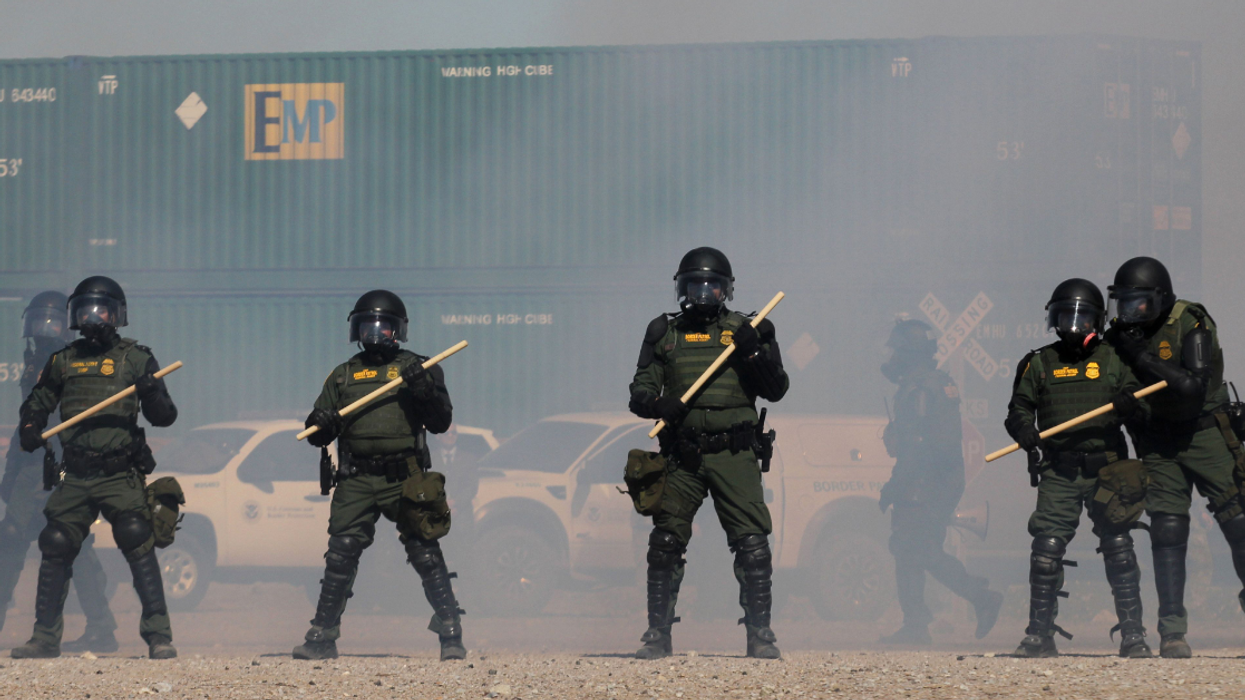




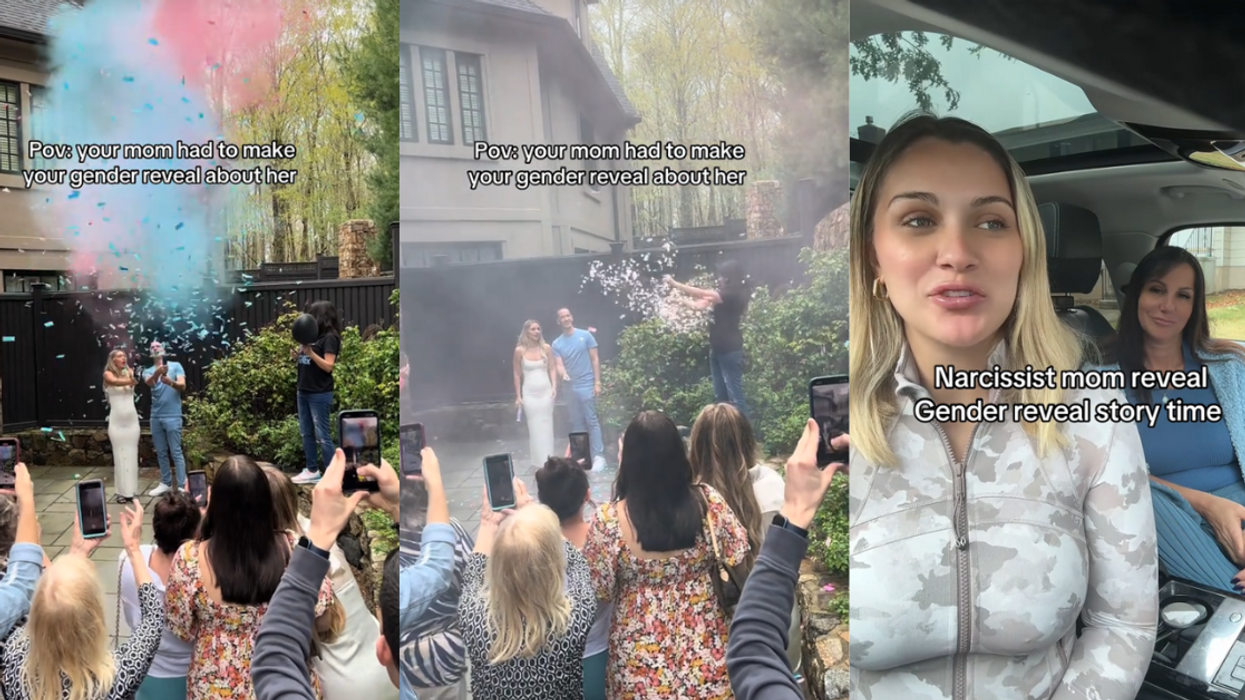
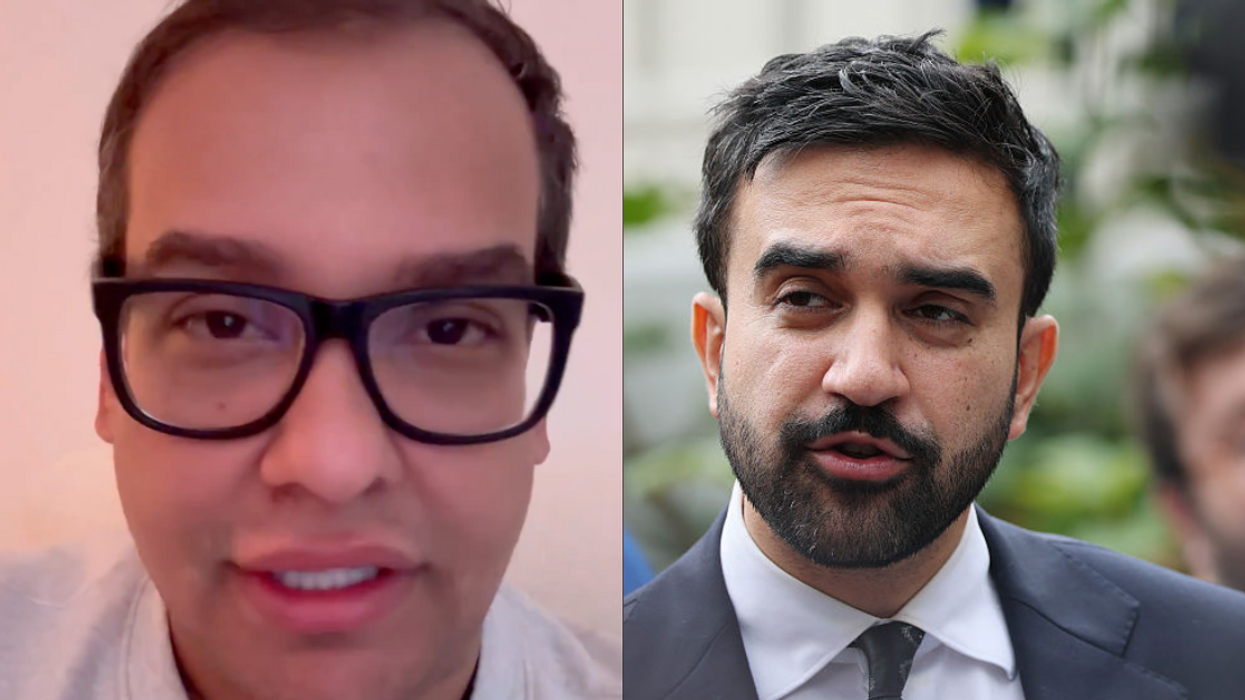





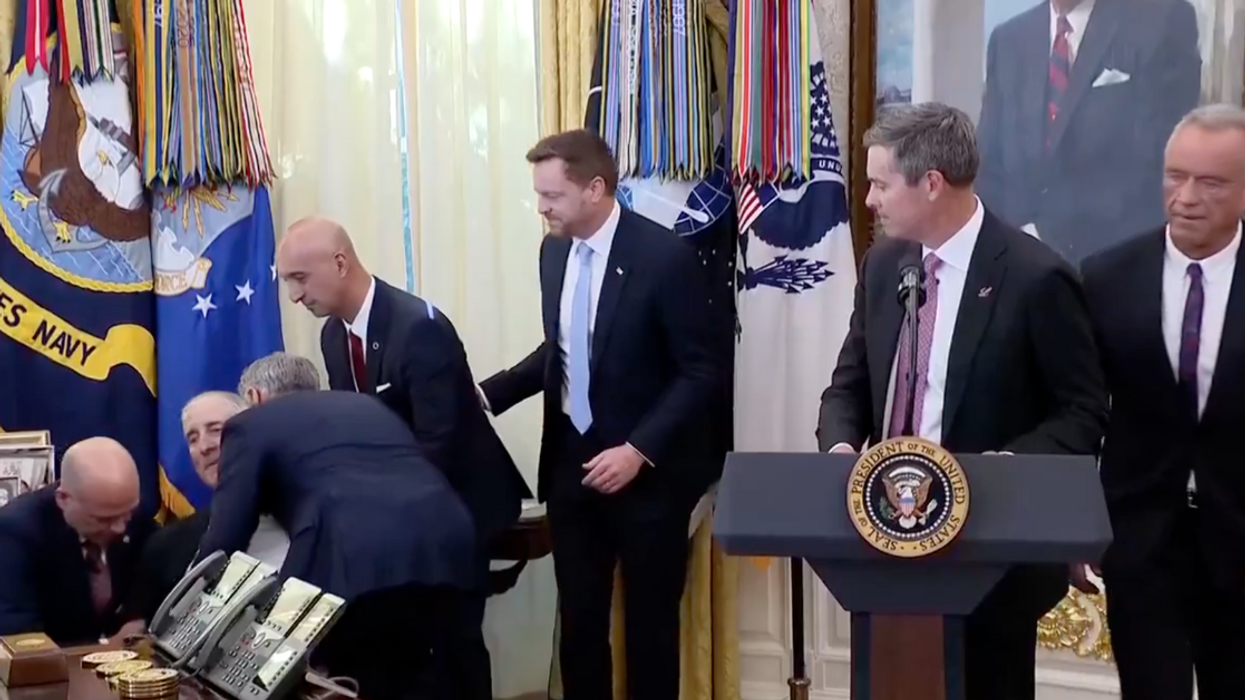
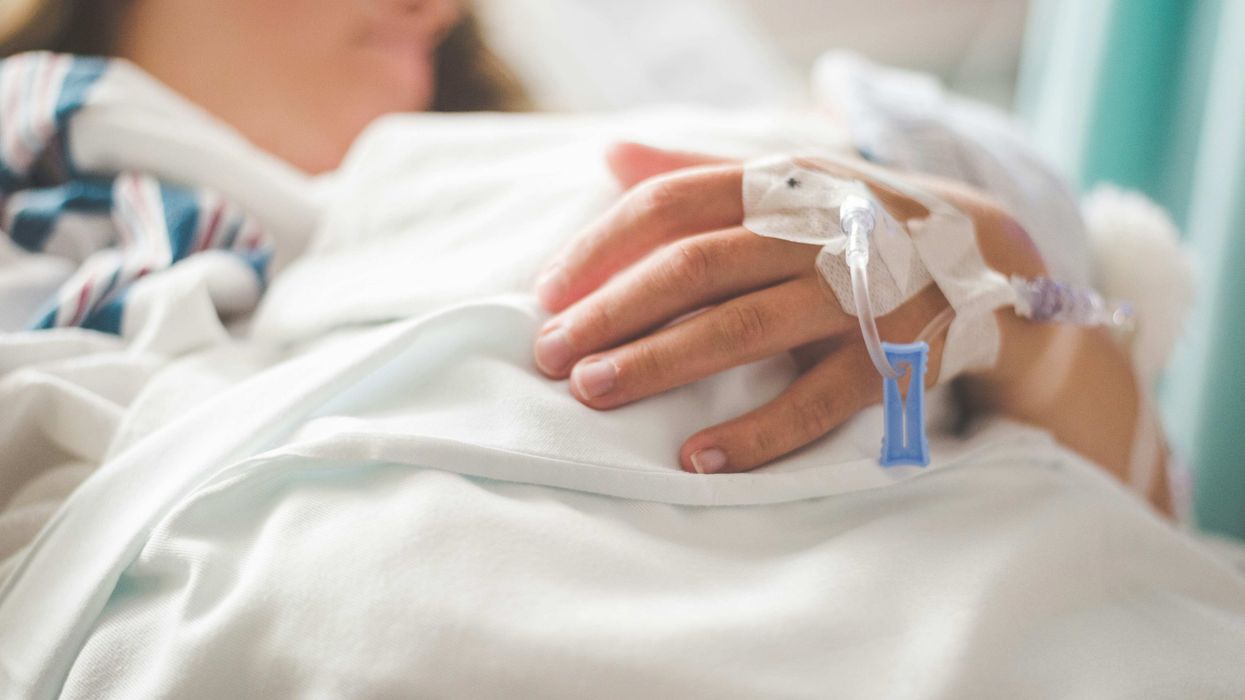

 breast cancer GIF by Baptist Health South Florida
breast cancer GIF by Baptist Health South Florida  Teddy Bear Doctor GIF
Teddy Bear Doctor GIF  feeling neck skin GIF
feeling neck skin GIF  praying GIF
praying GIF 
 Snail Ugh GIF by Sticker Book iOS GIFs
Snail Ugh GIF by Sticker Book iOS GIFs  Serious
Serious  Home Alone Reaction GIF by 20th Century Fox Home Entertainment
Home Alone Reaction GIF by 20th Century Fox Home Entertainment  Cat Working GIF
Cat Working GIF